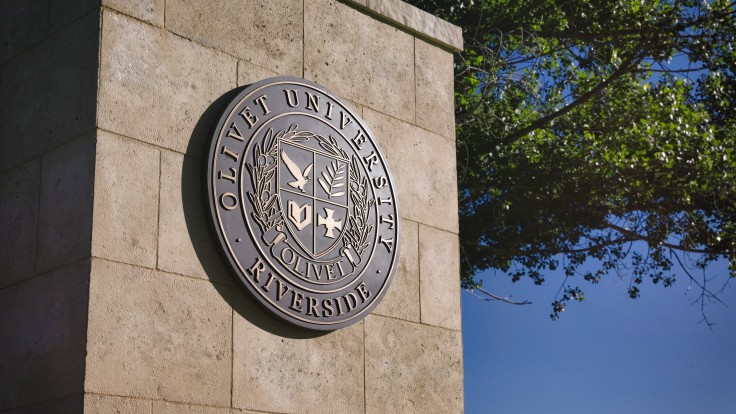
A detailed report into California's Bureau for Private Postsecondary Education (BPPE) decision to revoke Olivet University's operating license has raised questions about the regulatory body's enforcement practices. According to an analysis by Olivet alumnus Jozef Volansky, after review of the 111-page decision and of the hearing, the agency's actions against the Christian university appear to have been disproportionate and even biased.
The report revealed that none of the 13 violations cited by BPPE stemmed from actual student complaints or demonstrated harm to students. Instead, the violations centered mostly on technical issues such as outdated syllabi and administrative matters such as faculty resume filing. Notably, while over 90 other institutions were cited for similar number of violations – some with up to 26 infractions – none faced license revocation as Olivet did.
One particularly concerning aspect of the case involves BPPE's interpretation of regulations. For instance, the agency cited Olivet for violations regarding "hybrid courses", despite this term not being defined in the relevant statutes. Additionally, Volansky's analysis found that several of BPPE's allegations were based on requirements that do not actually exist in the California Code of Regulations, such as a supposed prohibition against universities hiring their own qualified graduates as faculty.
Olivet University has since transitioned its operations under California's religious exemption on December 11, a move that preserves all its religious courses in California, which are the core of the university's educational offering. Furthermore, the university disputes many of the BPPE's findings and has provided evidence of remediation. For example, the school has updated its faculty file maintenance procedures, revised its course catalogs, and appointed a new Director of Institutional Research and Compliance to ensure better regulatory compliance.
The case has drawn additional scrutiny due to allegations of media bias and potential collusion between BPPE and Newsweek, an issue covered in detail by this publication. Volansky noted that many negative headlines about Olivet appeared to stem from rewrites of a single Newsweek article, with few reporters apparently having read the actual BPPE report. These circumstances have raised broader questions about regulatory oversight and media coverage of religious educational institutions.
© 2025 University Herald, All rights reserved. Do not reproduce without permission.








